

Hello, my name is Angel and I live in the US. In December 2023, I learned I had stage 4 stomach (gastric) cancer. Since then, I’ve undergone surgery and chemo for treatment and I’ve been cancer-free since August 2024.
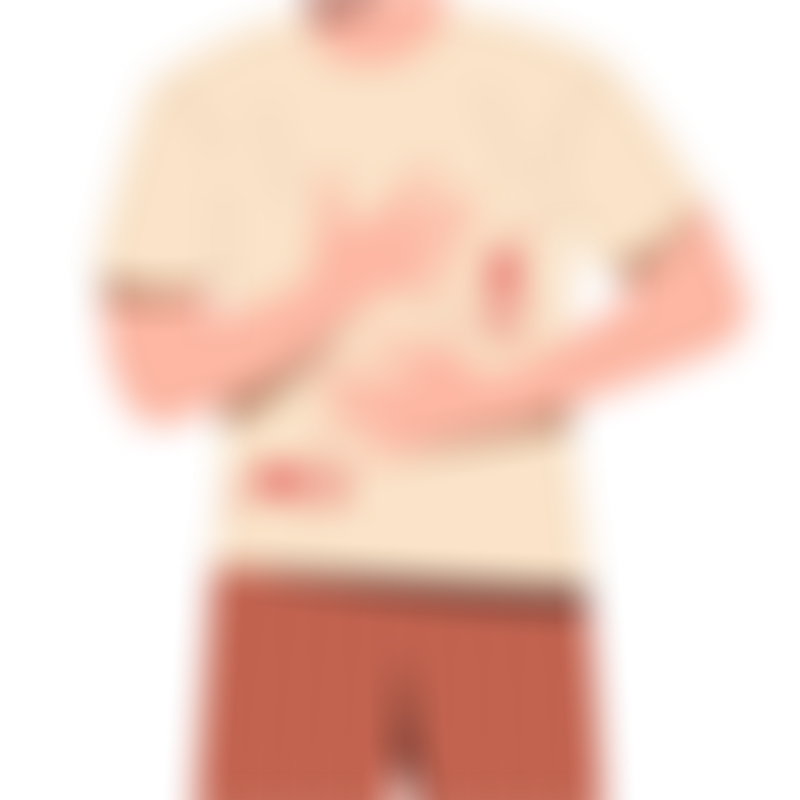
The first symptoms I had were heartburn, reflux and having a full stomach. I was also feeling full quickly and bloated after eating. I thought the symptoms were not serious and started self-treating with OTC meds for several months. So, I only sought medical help a few months after experiencing these symptoms. That’s when I found out I had cancer, specifically the gastric adenocarcinoma subtype. Afterwards, I got a second opinion as I wanted to confirm my diagnosis.

When I heard the news, I felt fearful. I was faced with seriously contemplating my own mortality. I was surprised because I had never imagined that I would get cancer.
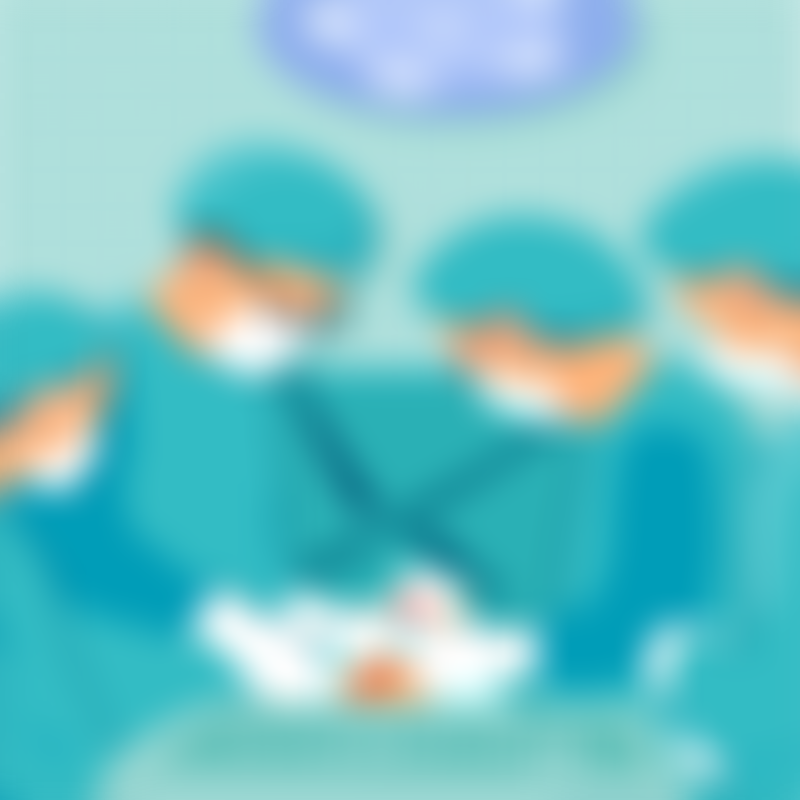
Treatment-wise, I opted for a partial gastrectomy (removal of a part of the stomach), HIPEC and chemotherapy. When deciding on this treatment plan, my surgeon presented her approach and we proceeded. At every step the next options were presented and decided upon.
The sequence of my treatment was 6 initial cycles of FLOT (every other week), followed by partial gastrectomy (PG) surgery. This was followed by 2 final FLOT cycles, then HIPEC surgery. The initial plan proposed called for 4 FLOT cycles pre-PG then 4 FLOT cycles post-PG. After the 4th FLOT I was still tolerating well and the decision was made to do 2 more FLOT before PG surgery.
I understood that FLOT is an aggressive protocol and that it is the gold star protocol for gastric cancer. So I was cognizant that this approach had the highest likelihood of my survivability. This made me feel optimistic.
My treatment costs were covered by insurance and I was declared cancer-free in August 2024.

As a result of chemotherapy, I suffered from peripheral neuropathy. My hands and feet were cold and numb. I also struggled with fatigue and weight fluctuations.
To manage these side effects, I did the following things:
- Exercised more frequently
- Took prescribed medication, specifically Gabapentin
- Self-medicated with Lion's Mane mushroom
- Did acupuncture
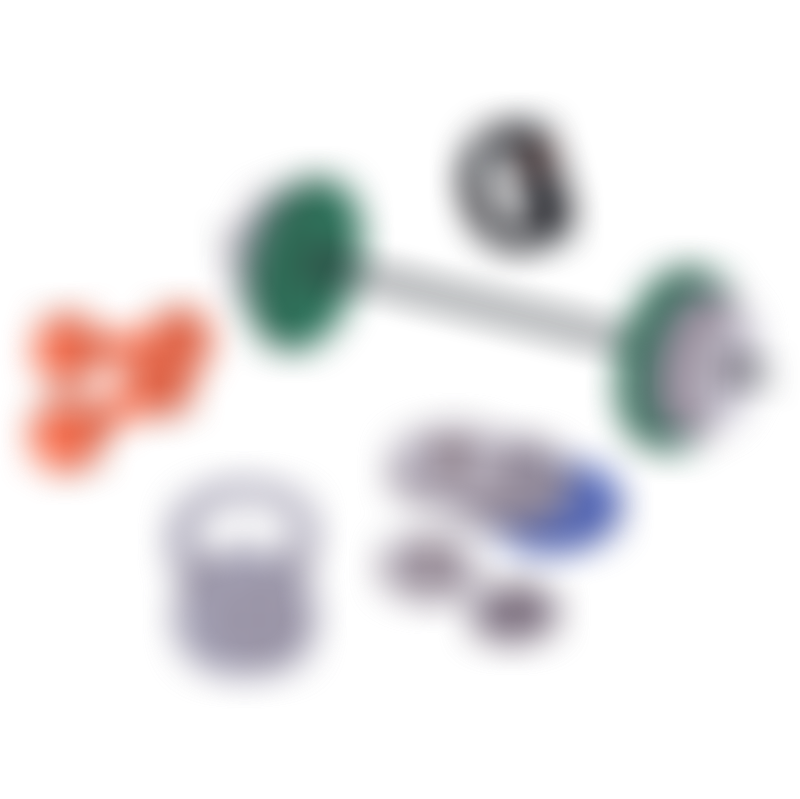
After treatment, my exercise habits changed the most although I considered myself to be an active adult. I now exercise daily.
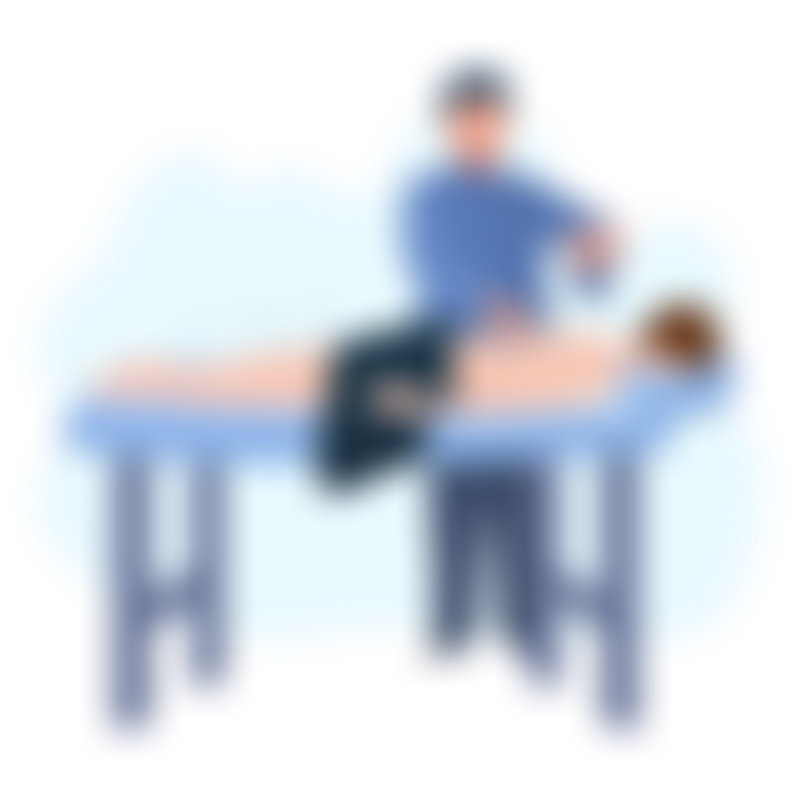
Here are some of the things I found particularly useful in my experience with cancer:
- Acupuncture
- IV services
- Home nursing
- Prolonged nutrition

This is still new for me but I think that moving forward there will always be an underlying concern that despite my NED status, the cancer has a moderate likelihood of returning. That underlying concern can be crippling if allowed to. But life is out there, go live it. Share your experience with others.
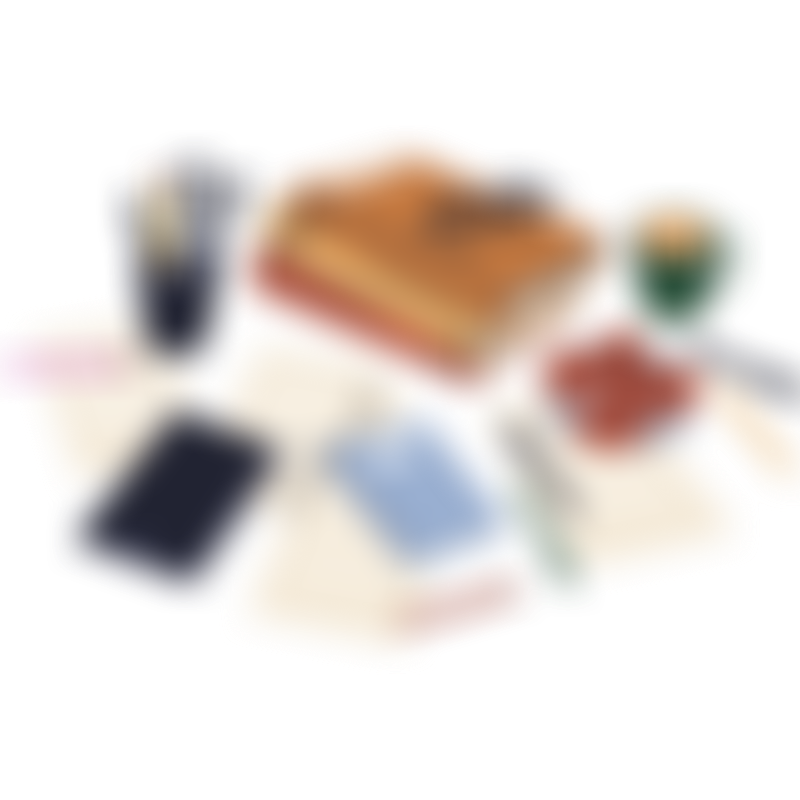
My biggest fear was the fear of the unknown. To overcome this, I learned as much as I could about my diagnosis, my treatment, and end-of-life events. Gastric cancer survival studies, alternative-complementary treatments. For me, knowledge is empowering.

Within 1 year of my initial diagnosis (post 8 rounds of FLOT chemotherapy, a partial resection of my stomach and a HIPEC surgery), I am NED. This makes me optimistic. I did not expect to be NED within a year of my initial diagnosis.

A cancer diagnosis can be challenging on several fronts. Physically, you are likely to feel like junk. Eat as best you can nutritionally. Emotionally, your mind will want to dwell on the negative or deny your reality. Come to terms with your circumstance as soon as you can. Then don't give up, keep on keeping on. On a spiritual level facing your end of life can be scary but it's something that we ALL will have to eventually face. Talk about it openly with others. Additional advice would be to understand that you and your circumstances are unique and cancer is clever. What works well for some may not work well for others. Listen to your body and find what works for you.
Other pieces of advice I have are:
- A cancer diagnosis and its treatment can be difficult, but you can do it.
- Only YOU can decide what YOU are willing to do in order to maximize the likelihood of your survival.
- Educate yourself and stay engaged in your treatment plan. Ask questions
- Never give up.
This patient's story is published and shared with their full consent. Any personal data that can be used to identify the patient has been omitted.
Click here for more information.